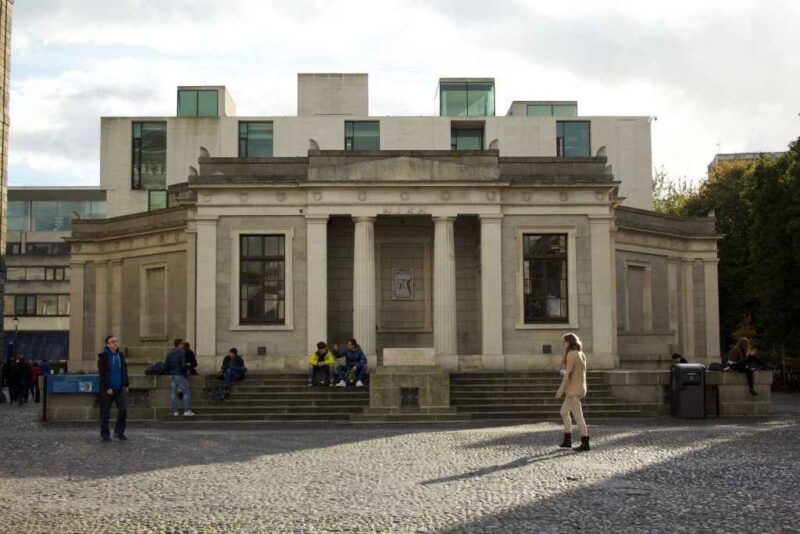The Graduate Students’ Union (GSU) sabbatical elections will take place from June 4th to June 11th.
The GSU announced the dates today. Nominations for the sabbatical officer positions will open tomorrow and close on May 31st, with hustings taking place on June 4th.
Voting will then open on June 9th and finish on June 11th. Results will be announced on June 12th. Only the positions of president and vice president will be elected as sabbatical officers, despite the union voting to make the position of research officer a sabbatical role – the sabbatical elections for the 2022/23 academic year will include the research officer role.
In an email to postgraduate students today, the GSU said: “In consultation with the student population and College, it became clear that very many of you were up until now completing exams, vivas and continuance reports and assignments and because of this, this clear window of dates is now deemed the most appropriate time to host the GSU 2021/22 elections this year.”
The GSU will use Mi-Voice as its voting system. In the email, the union said the use of Mi-Voice “is to ensure that the election is completely secure and fair in these unprecedented times. Mi-Voice was used last year by the GSU and we were thrilled to be working with them again”.
This year’s elections will take place over two weeks later than last year’s elections.
The GSU will host an information session for “interested candidates”, according to today’s email, at which “the Electoral Commission will explain the Election details and field [queries]. This event will go out on a link on Tuesday morning once interested candidates are confirmed”.
The union has had difficulties running elections and votes this year. At a chaotic EGM held last month, the union used a voting system that did not verify whether those using it were actually entitled to vote. Several attendees reported that they were unable to vote, while others said that the voting link allowed users to vote several times.
In response to concerns that anyone could vote on the motions, GSU Vice President Abhisweta Bhattacharjee, who was chairing the meeting, said that there should be no one else in attendance at the meeting apart from members of the GSU.
Among the motions brought forward at the EGM was a proposal to formally divest from Trinity College Students’ Union (TCDSU). However, the proposal was shot down after a second vote.
When voting ended for the original motion to divest, it appeared that it had lost by two votes, but Bhattacharjee said that it was a tie and as chair had the casting vote.
She later said that it had come to her attention that the vote was “not a clear one” and that members would vote again. By then, there were around 255 people on the Zoom call, down from around over 500 at the start of the meeting.
The following week, the GSU sent an email postgraduate saying that it would stand by amendments and motions passed at the EGM.
The email clarified the motions and amendments had passed during the EGM, stating that at a meeting of the majority of the union’s executive committee, “oversight” deemed the motions and amendments passed as “correct.”
“We are now focused on the most important task which is to work hard lobbying on your behalf to action a living wage on campus, contracts for our researchers and partial fee refunds in light of COVID,” it added.
The union also courted controversy in the running of its class representative elections last year – students discovered that anyone could vote, as many times as they liked, in any class election if they had that class’s specific voting link.
In most cases, it seems the GSU sent links leading to each individual class representative election to each School, which was then meant to distribute the links to each class. However, the voting system used – called Qualtrics – allowed students who had access to a link to vote anonymously in the elections as many times as they wished.
In an email statement to The University Times at the time, GSU President Gisèle Scanlon said that the union’s goal had been to “ensure that votes would happen, and that the secrecy of the ballot would be protected”







